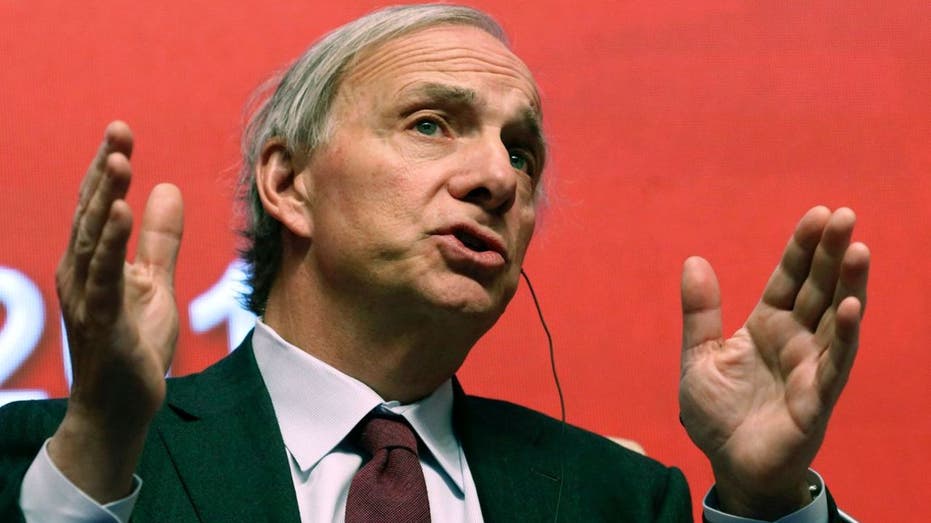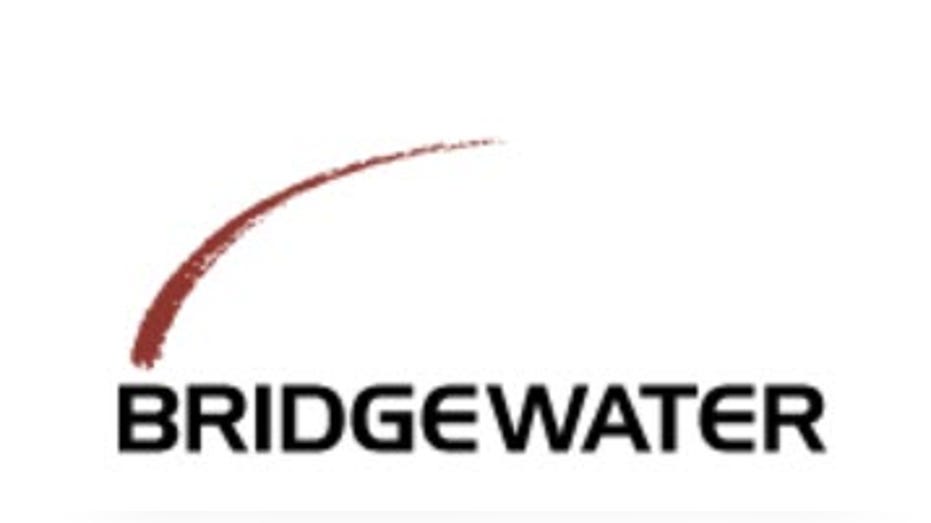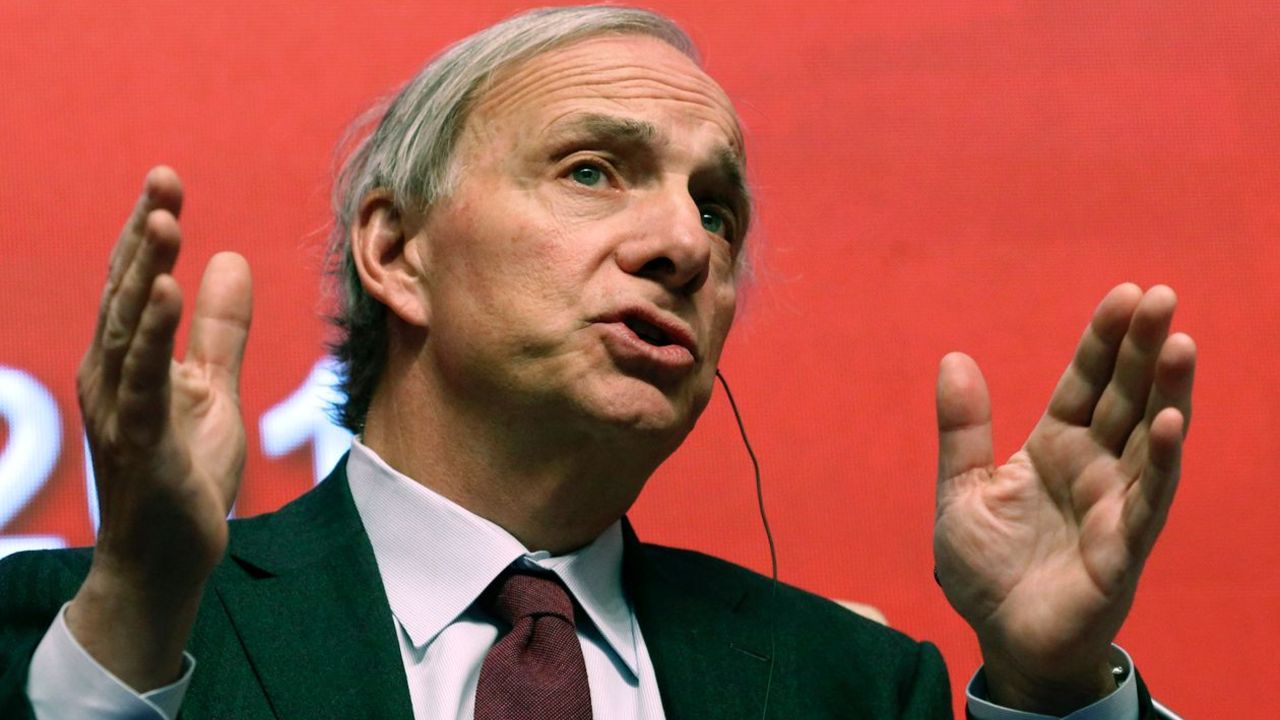Bridgewater Associates lays off several dozen employees
World’s largest hedge fund made cuts in its research department, client-services team, among recruiters
Bridgewater Associates has laid off several dozen employees across the firm this month.
Bridgewater, the world’s largest hedge fund, made cuts in its research department and client-services team as well as among its recruiters. Layoffs also impacted “audit groups” that assess the performance of employees in various departments, and the firm’s “core management team”—a management training program conceived by founder Ray Dalio. Bridgewater veterans of more than 15 years were among those laid off in Zoom meetings and given several days’ notice.
Bridgewater has also deferred until next year most of the incoming first-year analysts in its “investment engine,” who work in research, account management and trading. One person close to the firm said Bridgewater wanted to avoid introducing new employees remotely. As of 2019, the company employed about 1,600 people.
In a statement, Bridgewater said that, given the changing world, “team members will be working more from home so we won’t need the same number of support people, new technologies are changing what type of people we need and how we serve our clients, and we also want to become more efficient. While this will produce more than normal attrition in terms of people leaving the firm this year it won’t be greatly more than normal and we will continue to invest and hire in key areas.”
The cuts, which haven’t been communicated widely within Bridgewater or to its investors, come during the company’s toughest period in years. After a stretch of unparalleled growth that turned the Connecticut hedge fund into a behemoth and Mr. Dalio into a multibillionaire, its flagship Pure Alpha macro funds have posted steep losses this year. The performance of Pure Alpha largely determines Bridgewater’s overall financial health, given that the firm’s other main funds—known as All Weather—have low, fixed management costs and no performance fees.

Bridgewater’s business has faced its toughest period in years after a stretch of unparalleled growth that turned founder Ray Dalio into a multibillionaire. ( NG HAN GUAN/ASSOCIATED PRESS
BRIDGEWATER ASSOCIATES FALSIFIED EVIDENCE AGAINST EMPLOYEES, ARBITRATORS SAY
Bridgewater’s Pure Alpha was down 13.6% for the year through June, effectively wiping out the fund’s returns from the prior five years. Its March losses, which the fund has since lessened, were the worst monthly loss in its history.
The firm’s assets under management have also been falling from a mix of investment losses and investor redemptions. They stood at about $140 billion at the end of June, from $168 billion at the end of last year.
A person close to the firm said Bridgewater was taking in billions of dollars from new and existing clients, offsetting some of the redemptions. One new investor is Anthony Scaramucci’s fund of hedge-funds SkyBridge Capital, which Mr. Scaramucci in May told his clients had invested $100 million in Pure Alpha. Early this year, before the March losses, Mr. Dalio said in a statement to The Wall Street Journal that “there is a waiting list to invest” in Pure Alpha.
Mr. Dalio wrote to clients in mid-March that Bridgewater’s investment losses recalled the worst losses in its history but that it had “learned and recovered from these periods and expect that to be the case again.”
The layoffs and fundraising efforts highlight the volatile economics of hedge-fund firms. When hedge funds win big, their founders can hit billion-dollar paydays in a single year, dwarfing the compensation of other chief executives and offering entree into the worlds of politics and sports. But they can be punishing on the way down, because funds generally need to make back losses before they can resume collecting hefty performance fees.

RAY DALIO ON CHINA: 'THIS AIN'T YOUR GRANDFATHER'S COMMUNISM'
Bridgewater has made substantial cuts previously absent steep losses. In 2016, it cut about 150 employees in what Mr. Dalio dubbed a “renovation.” He had recently returned to run Bridgewater after stepping back years earlier and said the firm had become bloated and inefficient.
Some people familiar with Bridgewater said the July cuts reflected former McKinsey & Co. consultant and Treasury official David McCormick putting his stamp on the firm. Mr. McCormick is now sole chief executive after the departure of Eileen Murray earlier this year. The people said the changes could result in Bridgewater—known for an unusual management culture Mr. Dalio calls “radical transparency”—more closely resembling a conventional company. One of the people described the changes as positive and said they would help Bridgewater focus on core areas of investing and communicating with its clients.
At least some employees who were laid off were expecting their midyear reviews in the Zoom meetings, said people briefed on the matter; as with many companies, most of Bridgewater’s employees are working remotely because of the coronavirus pandemic. Instead, some employees were let go in brief, scripted meetings.
GET FOX BUSINESS ON THE GO BY CLICKING HERE
A Bridgewater spokesman declined to say whether the firm was waiving noncompete agreements it typically requires employees sign. The firm is giving outgoing employees 18 months of health care instead of basing the length of that benefit on tenure as it usually does, the person close to the firm said. He also said employees were getting extra months of severance, a prorated annual bonus and outplacement help.
In a “Principles” app that takes its name and lessons from a bestselling memoir by Mr. Dalio, this week’s case study on meaningful work and relationships features a video from a 2013 “Family Reunion” for employees who had been at Bridgewater for at least a decade.
“Every one of these people here is, you know, my family,” Mr. Dalio said in the video. “I’ve watched them grow up, like, coming out of college and watching them get married and have their kids. You know, I didn’t behave any different to the people I work with than with my kids.”
Some of the employees who appeared in the video were among those laid off this month, said people familiar with the matter.




















